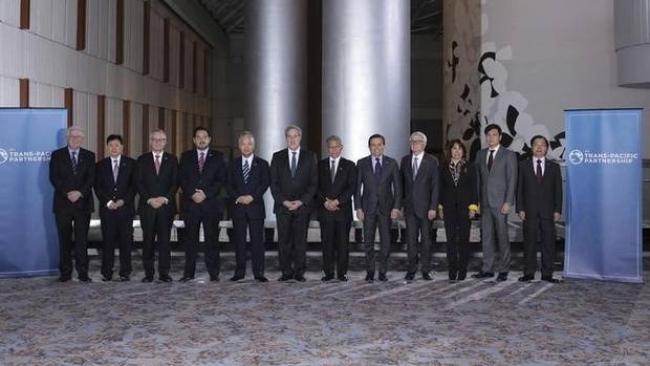Articles Menu

Let’s be clear about the just-released, negotiated-in-secret Trans-Pacific Partnership deal. Despite how it’s being referred to by journalists, officialsand academics, as Nobel prize-winning economist Joseph Stiglitz and economist Adam Hersh have noted, it is definitely not a “free-trade” agreement. It’s much more than that.
What are Dr. Stiglitz and others arguing, and why does it matter? Simply put, calling the TPP a free-trade agreement overplays its benefits, plays down its problematic aspects and fundamentally misunderstands what the deal is actually about.
Labels matter. Ever since the 1988 “free-trade election,” the virtue of free trade has been unquestioned in Canadian policy circles. Free trade’s victory in the battle of ideas has been so overwhelming that if you can persuade someone that the TPP is a free-trade agreement, then you’ve already won half the battle.
Free trade has a specific meaning for economists. The notion that free trade is good is grounded in the theory of comparative advantage. First developed in 1817 by David Ricardo, it states (simplifying quite a bit) that if countries specialize in what they are best at, they can make themselves better off through trade. Costs are lowered, production is maximized and people can buy imports at prices lower than would have prevailed had they produced everything themselves.
Many conditions have to hold (and they often don’t) for comparative advantage to work in the real world. Regardless, pro-free-trade arguments implicitly rely on the idea of comparative advantage.